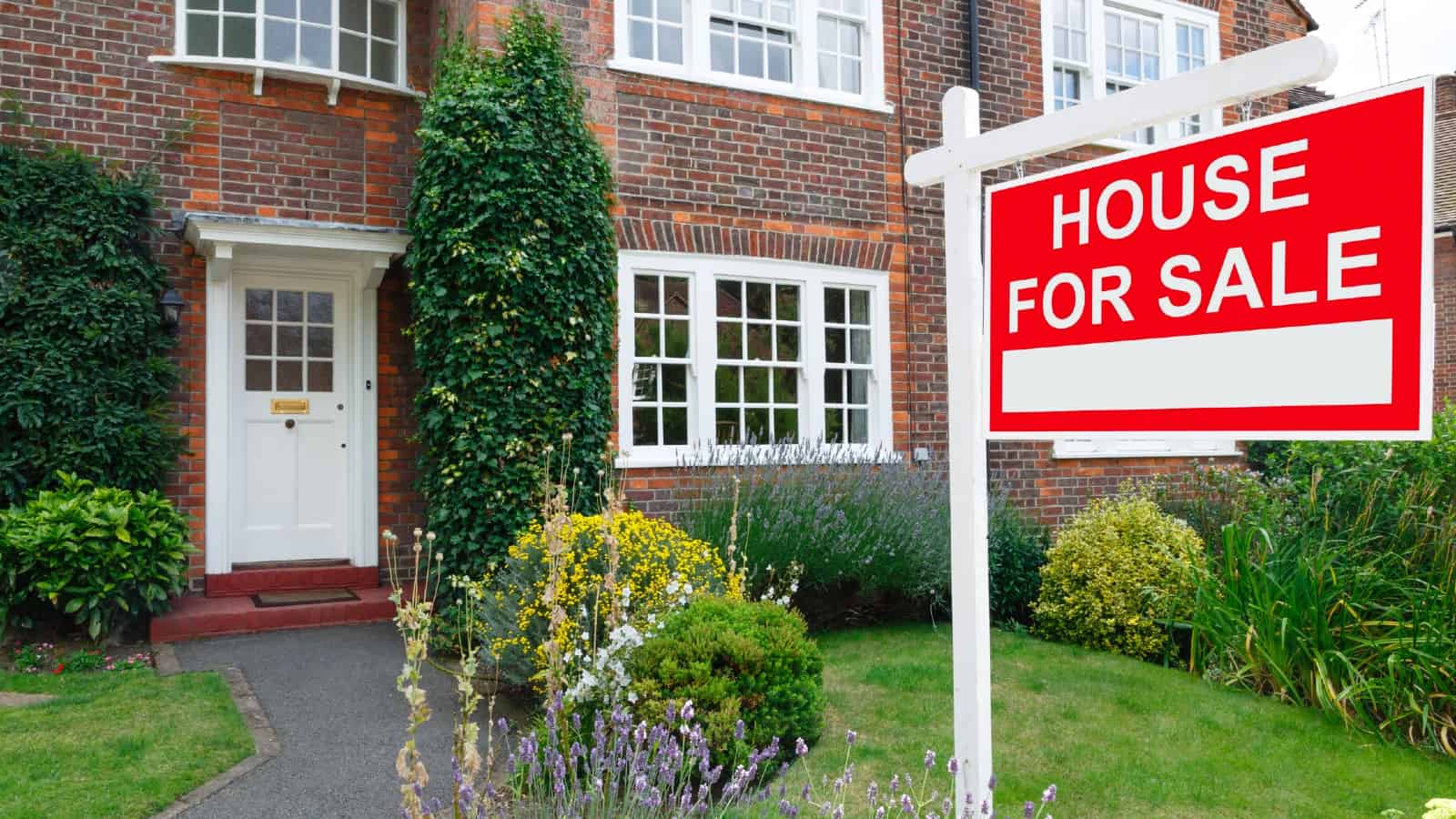Research from Halifax shows that energy-efficient homes can command significantly higher prices when put on the market. For buyers, this could be a little painful, but for sellers, it could mean a much higher market value.
Still, Halifax points out that 77% of homeowners are unaware of the energy-efficiency rating of their own homes, so they don’t take it into account when pricing their homes to sell.
[top_pitch]
Passive income stocks: our picks
Do you like the idea of dividend income?
The prospect of investing in a company just once, then sitting back and watching as it potentially pays a dividend out over and over?
If you’re excited by the thought of regular passive income payments, as well as the potential for significant growth on your initial investment…
Then we think you’ll want to see this report inside Motley Fool Share Advisor — ‘5 Essential Stocks For Passive Income Seekers’.
What’s more, today we’re giving away one of these stock picks, absolutely free!
How does energy efficiency increase home value?
Simply put, an energy-efficient home will cost you a lot less to run every month. With energy prices soaring this year, homeowners are looking into energy performance more than ever.
In England and Wales, homes are given an Energy Performance Certificate (EPC) with ratings from A to G. The closer your property is to an A rating, the more energy-efficient it is – and the more it is worth.
Analysis by Halifax has found that the most energy-efficient homes command prices of up to £40,000 more than their less sustainable counterparts, as well as costing less to run on a monthly basis.
According to Halifax, improving the EPC rating from G to F can increase the price of an average house by £9,954 (3.8%). Completely transforming a home to take it from G all the way to A can increase the property price by as much as £40,000.
“Increasingly, buyers are recognising that environmentally friendly properties will reduce their monthly energy bills in addition to their personal carbon footprint,” says Andrew Asaam, mortgages director at Halifax. “Since greener homes sell for more money, it’s worth seeing what your home’s potential rating could be.”
[middle_pitch]
Making your home greener
If you’re thinking about selling your home in the near future, there are a number of changes you can make to improve its energy efficiency. In turn, this could increase its market value considerably.
According to Asaam, even simple changes like switching to LED bulbs or adding loft insulation can provide a good return on investment. “There’s a huge opportunity for more people to get on board with this and reap the rewards,” Asaam adds.
Here are some additional energy-saving changes that can make the green premium work for you.
Figure out where you can make improvements
Halifax recommends starting by creating a tailored action plan. You can visit their Home Energy Saving Tool for a list of ideas that have the most impact.
Switch to energy-saving light bulbs
This is the quickest and easiest change you can make. It won’t cost much and can still make a significant dent in your energy bills.
Take advantage of solar energy
Large solar panel systems to provide electricity for an entire home can be very expensive. This means it is not an investment everybody can make. However, there are smaller systems that can help to reduce your energy bills and make your home more energy-efficient.
Upgrade your boiler
According to Halifax, swapping your old boiler for a newer, more efficient condensing boiler is a sure-fire way to make your home greener. The Energy Company Obligation (ECO) scheme offers boiler grants to help reduce the cost of getting a new boiler. If you’re receiving benefits, you might qualify for a grant.







